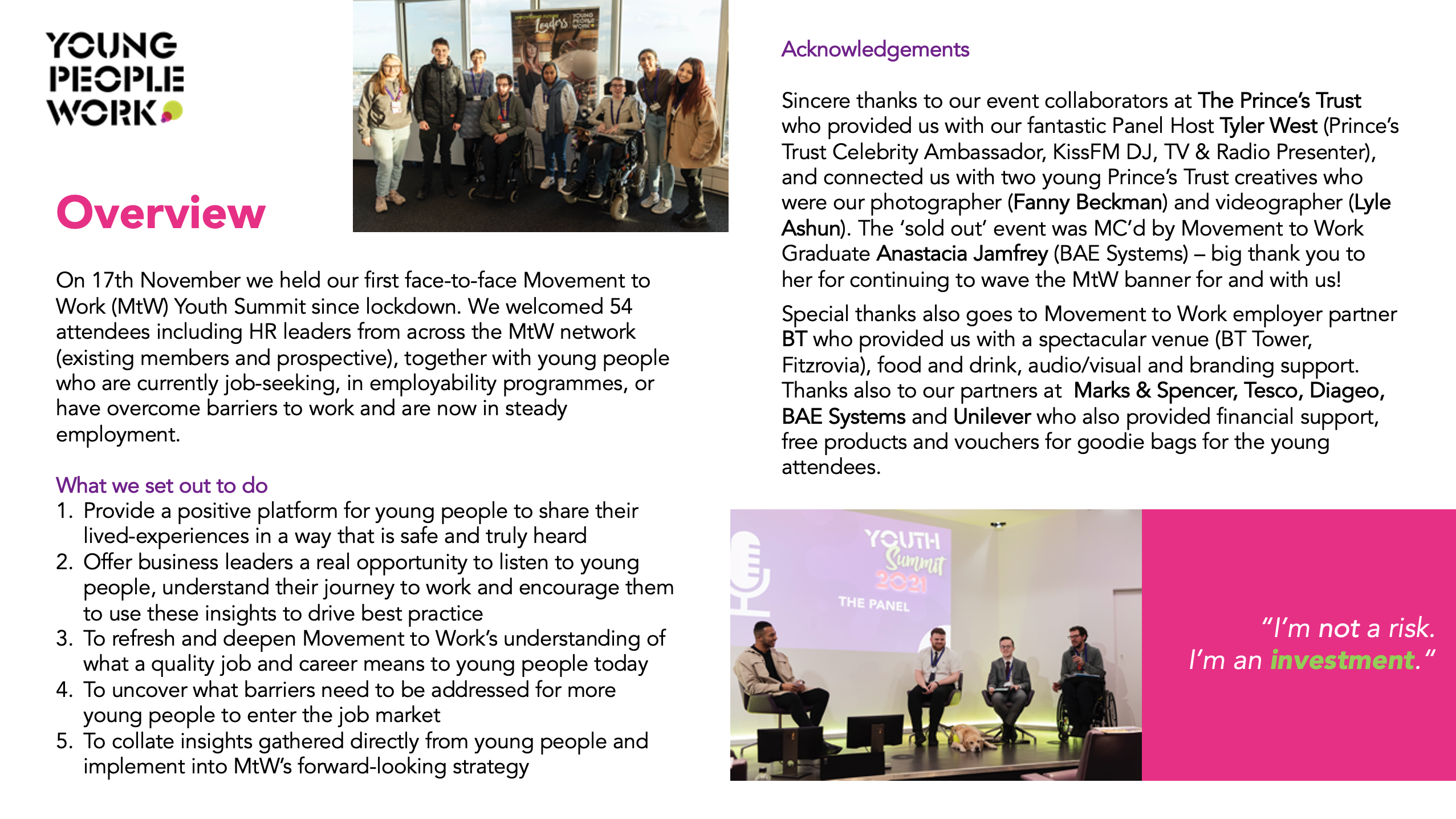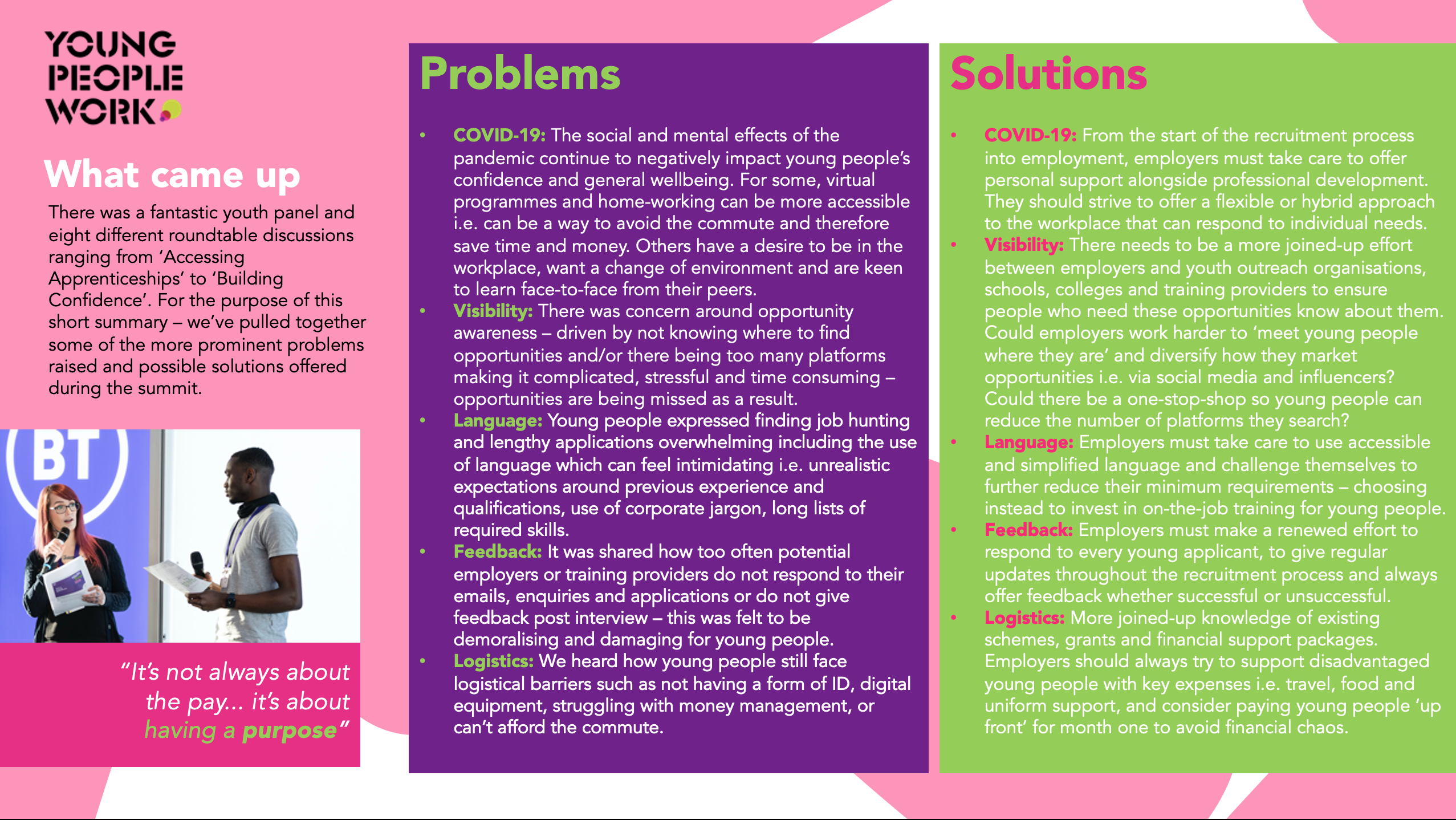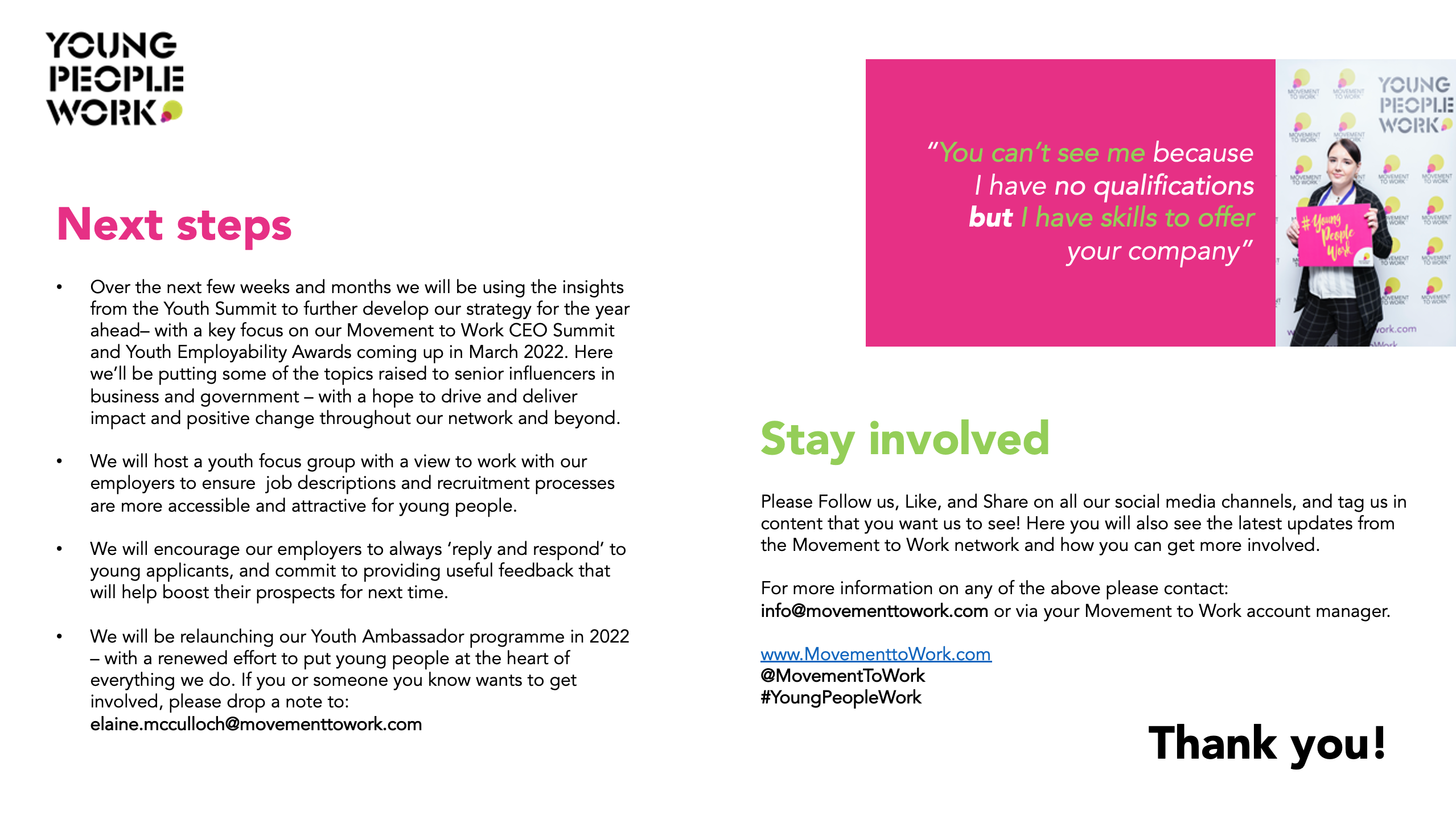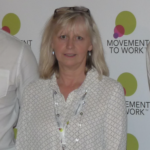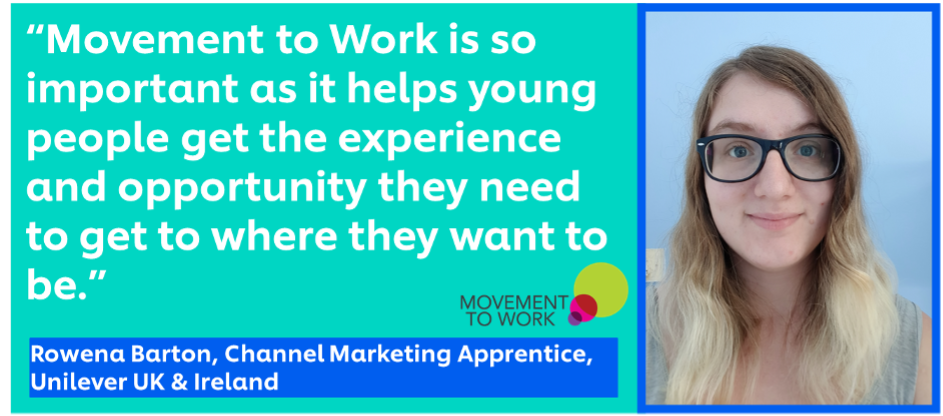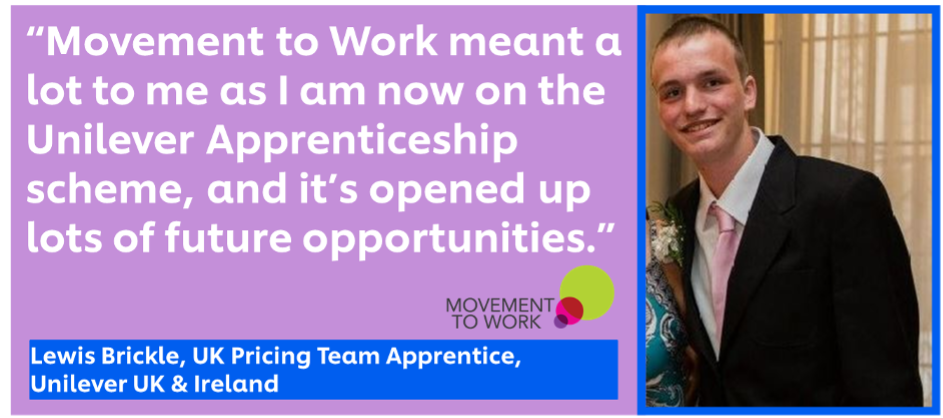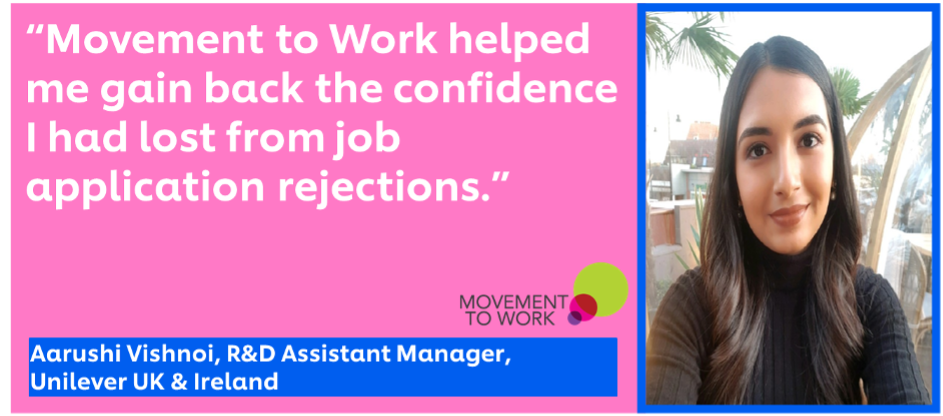To ensure that we continue to deliver high quality programmes and our work stays relevant to the lived experiences of young people, we need to include them in our decision making. Our annual Youth Summit is an important event to enable this, providing an opportunity for us and our employer network to hear first-hand the views of young people who have recently or are seeking employment.
This is an opportunity for us to collate insights from young people and use these to help shape the future of the Movement. We believe there is a place for work experience – particularly for those who are furthest from the job market – however the Youth Summit provides a platform for open and honest conversation with young people on what this should look like and how we can best support them to enter the workplace.
Latest ONS statistics (July 2022) show that youth unemployment has fallen on the previous quarter. Despite recent recovery, the number of workless young people (not in employment, full-time education or training) is 905,000 (increasing by 24,000 on the quarter), representing 13.3% of the youth population). With employers hiring at record levels but still struggling to fill their roles (there are now 1.0 unemployed people per vacancy), it’s imperative that we continue to do everything we can to help every young person fulfil their potential.
This event will bring together HR and youth outreach professionals from across the Movement to Work network (existing members and prospects), together with young people who are:
currently not in employment, training or education [how do we engage this group?]
currently job-seeking, in employability programmes, or have overcome barriers to work and are now in employment
recent graduates of a Movement to Work programme.
Aims and objectives
- Provide a platform for young people to share their lived experiences in a safe and supportive environment
- To collate insights from young people and:
- Implement into the Movement to Work strategy
- Share with key decision makers to drive responsive action
- Offer business leaders an opportunity to listen to young people, understand their journey to work and encourage them to use these insights to drive best practice
- To refresh and deepen Movement to Work’s understanding of what a quality job and career pathway means to young people today and the barriers that need to be addressed for more young people to enter the job market
- Demonstrate the power of quality employability programmes in driving positives outcomes for young people trying to find work
- Encourage more employers to join the Movement.
Please keep your eye out for more on our Youth Summit 2022




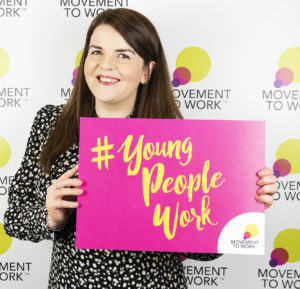

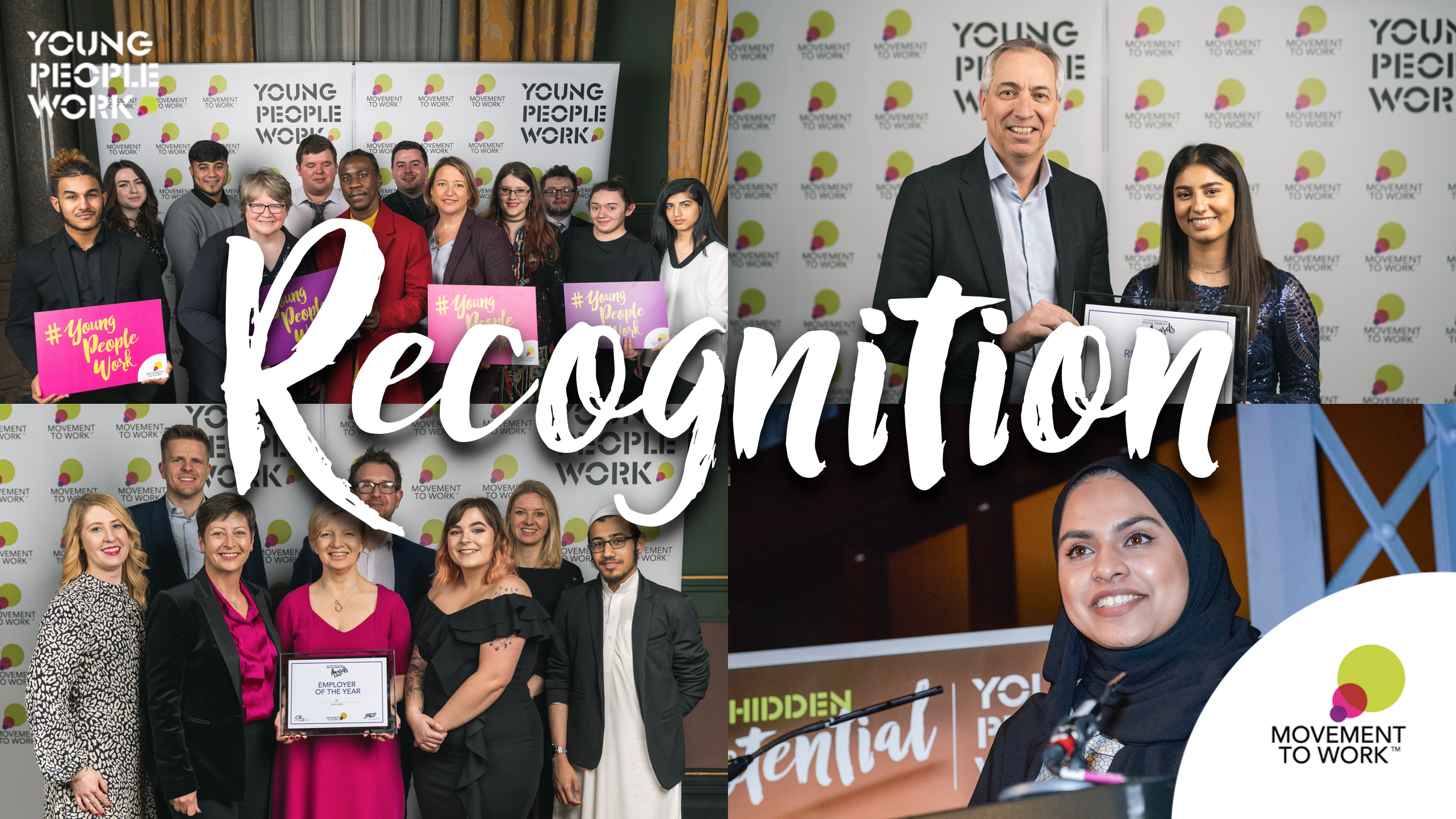


 Movement to Work is delighted to formally announce that Sebastian Munden, Executive Vice President & General Manager of Unilever UK & Ireland, has joined our Steering Group.
Movement to Work is delighted to formally announce that Sebastian Munden, Executive Vice President & General Manager of Unilever UK & Ireland, has joined our Steering Group.
